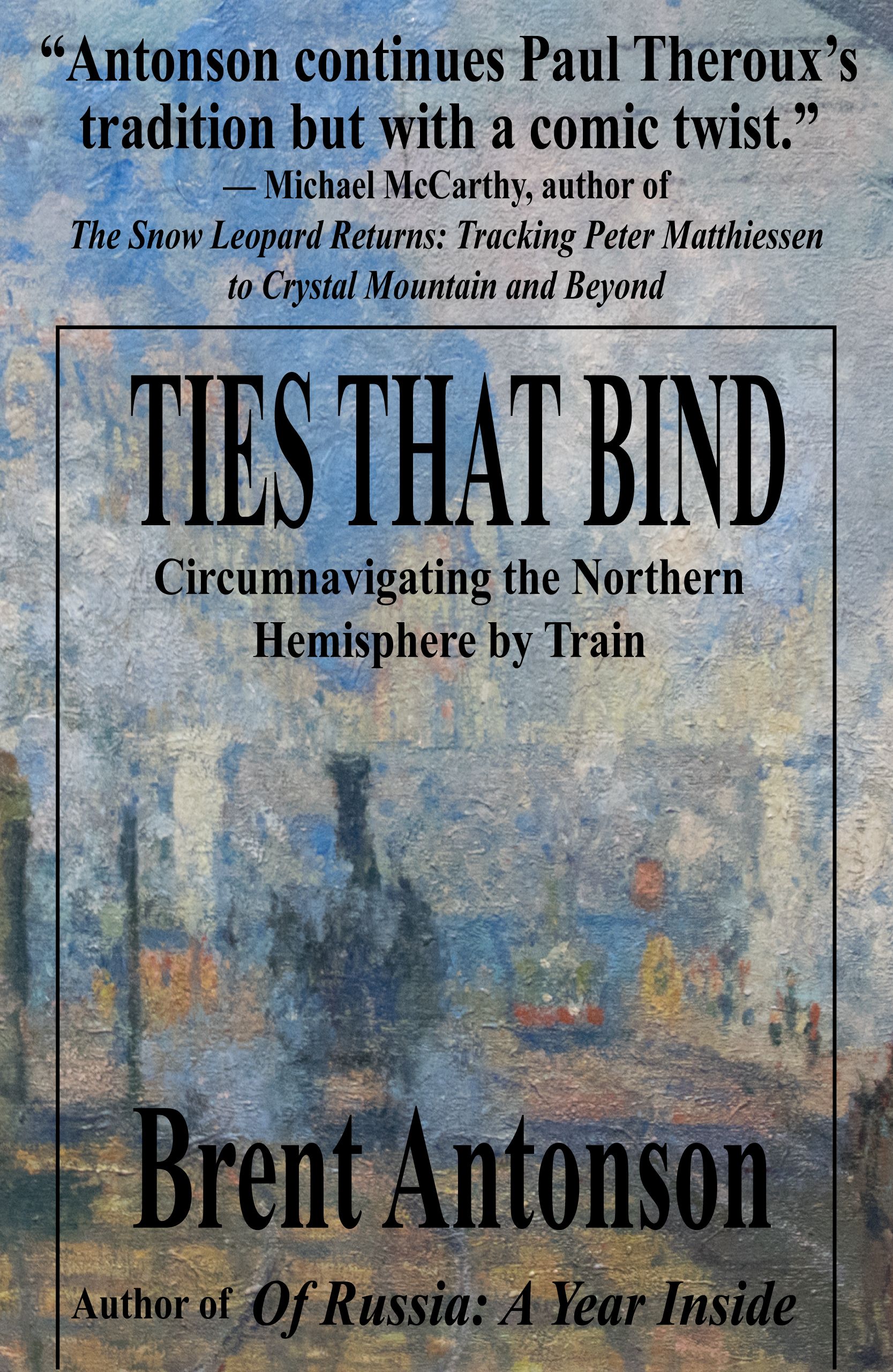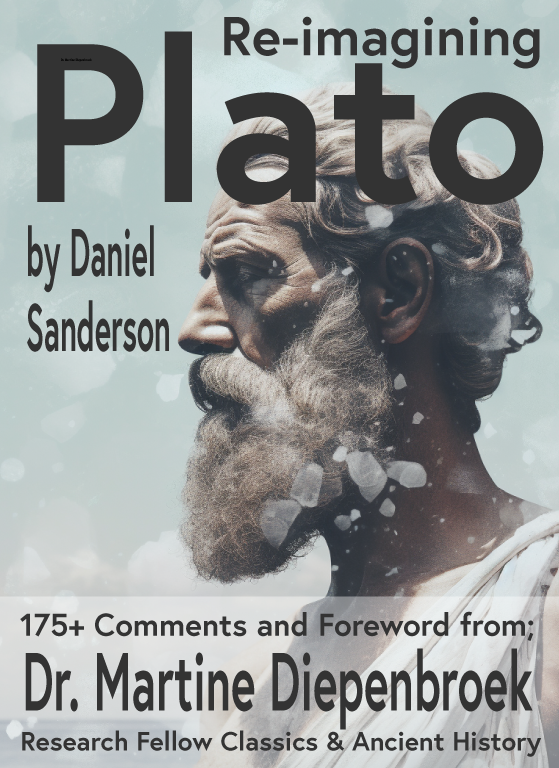Canadians celebrate Thanksgiving on the second Monday in October, whereas Americans celebrate on the fourth Thursday in November. Other countries, like Liberia, Germany, Granada, Japan, China, Vietnam, the United Kingdom, and Brazil, celebrate the harvest moon—a symbol of agrarian plenty. The first of many things I am thankful for is the earthlike moon casting an impressive shadow on the hay below, and (slowly) this article will tell you why.

It's an extension of a writer's creative quiver. Use the /imagine prompt and type anything your mind recollects to be appropriate, helpful or inspiring. I will routinely go to MidJourney (of which I have a paid subscription) and type in the first thing that comes to mind. I learned to roll with it, and the only time I veto the result is if it's entirely not representative of what I imagined. Most times, I am pleasantly surprised and just let the article unfold with the imagery that Midjourney gives me. Embrace the surprise and try not to be a curator of the perfect image because, usually, no such image exists. Unless, of course, your name is Brent Antonson. Brent seems to be on a winning streak of picking the ideal imagery for his books. Oh, I am thankful that I have Brent as a friend and that he had faith in my abilities to publish his book, which turned out amazingly well, BTW!

Ties That Bind: Circumnavigating the Northern Hemisphere by Rail
The author and his father and brother attempt the world's longest train ride, to see if they can stay together as a family unit in a tight train compartment for nine days. Not only did they survive without assaulting each other, but they also continued on epic train trips, the world's second and third-longest train trips in the world. Then they went into North Korea for a week, then lastly took a series of trains to get from Moscow to London whereupon they circumnavigated the northern hemisphere by train, together, with the same love, respect, and closeness then they started out with. It's an engaging, danger-filled, comedic, and "off the rails" kind of book. You're sure to enjoy it!
Regarding images that come out of MidJourney, I feel we need to know how to use them, leverage them and become better writers, creators, and philosophers.

Is this art? Well, that's not the point because your definition of art is utterly flawed if your answer is no. You see, "the art of..." anything presupposes an improvement trajectory. Philosophers rely on being (otherwise known as becoming) to refer to our present in the future tense and our experience of the future in the present. And now I feel I have given you the key to unlocking the enigma of Martin Heidegger and his masterwork Being and Time (1927). Don't take my word for it; go to zlibrary and see for yourself. Better yet, if you like the book, go to your favourite retailer and purchase the book for yourself. I've given you every opportunity to download and enjoy this book. If you are like me, it will not make much sense until you have taken a university course, listened to many YouTube videos, read the book multiple times and live to talk about it.

What I am about to say isn't a contradiction; it's a rhetorical device masquerading as philosophy. It isn't that complicated, and yet the art of wisdom is now locked behind the walls of the universities. In my opinion, institutions will never be gatekeepers to wisdom.
Now, there is a perversion at play. Academics will say I misrepresent Martin Heidegger, his work, and academic philosophy. I will now explain why this is false. If you were to take the pantheon of philosophers from Pathagorus to Gregory Vlastos, you would see a long history of wise men. Scholasticism is the perversion at play, and this isn't to undermine or negate any of the brilliant work that comes out of the universities; it's just a tiny representation of wisdom as a whole and, as such, should be considered incomplete.
I have to talk a tightrope to simplify something for the average bloke and not wake the woke god of academic correctness. That's right, I am calling out the academic philosopher. Later in this article, I will give three examples, one from Homer's Iliad, one about literary critic George Steiner, and one from Plato's dialogues, to illustrate my point further. Tightropes and mountain tops are supposed to be used for cultivating ethics. Martin Heidegger had very little to say about ethics. Just ask him about his involvement in the Nazi party (to be fair, he left the party before Hilter took full power).

Let's go back to the beginning of this article, where I discussed the harvest moon in the AI-generated image. I want to be able to sit down and write an article in less than an hour. Ideally, I would like to do this every day. The odd thing is that I used to be able to do this. I keep getting my priorities mixed up, and I find that taking the time to write something is constantly prioritized into oblivion.
I hope this will change next year, and yet, if there were a god of Thanksgiving, which it turns out there is, I would love Demeter (yuk, yuk).

So, I am thankful for Midjourney and all the other writers and creators creating on the planksip platform. Together, we make all this possible. Have I covered everything? Have I delivered on all my promises in this article? I haven't given the two examples of flawed academic thinking I promised. Let's start with the Iliad, which is as good a "homecoming" as I can imagine.

The vulnerable heel of Achilles seems to be a late invention and first appears in Servius' commentary on the Aeneid. We have academics to thank for this clarification. This preoccupation with authorship appears to be a priority. But are they?

I want to point out that according to Richard Latimore (1906-1984), "the most authoritative history of Greek literature" came from Wilhelm Schmid (1859-1951) with his A History of Greek Literature (1929). I've provided a copy of the monumental title below.
Do you notice how the author is not Wilhelm Schmid? Yes, that's right, the footnote in Richmond Lattimore's translation of the Iliad has an incorrect attribution to W. Schmid when the author of A History of Greek Literature was Albin Lesky. Kind of a big mistake when you get the guy's name wrong as being the most authoritative history of Greek literature. But academics don't make mistakes.
Fuck, I find so many mistakes in academic literature it's not even funny. It's laughable, probably because I read the footnotes, looked up the literature and found a treasure trove of useless references, incorrect citations, and generally sloppy work.
Here's another example: I have to say that I am probably one of the foremost experts on the work of George Steiner (1929-2020). George's dense writing is pure academic poetry. Here is my letter to the academic who currated The Wounds of Possibility.
Hello Ricardo,
I wondered why you titled your edited book about George Steiner's work The Wounds of Possibility. Clearly, the beginning of Grammars of Creation states, "the wounds of negativity".
I can guess that the publisher changed it, and the version I am looking at has "Negativity" versus your version with "Possibility," but wouldn't it make prudent academic sense to investigate what Kierkegaard said? I would be interested in publishing a follow-up book with you, "The Wounds of Negativity" would make a great follow-up title, and I consider myself an expert on Steiner's work. Let me know your thoughts.
My final example has to do with Plato. I've contacted two academics who have learned about my upcoming book, Re-imagining Plato.

The literature, as you can imagine, on Plato is ENORMOUS!! So much is written about Plato that you think we would have gotten it right. But if I asked an academic for a definition of knowledge, they would skirt the subject and try and start with "according to...". Wait a minute that isn't what I asked. Are you telling me with all your years of training, you still haven't personally settled on something that you could define as Knowledge?
I am just so thankful that there is so much work to be done, and I have the "Knowledge" to do it.

